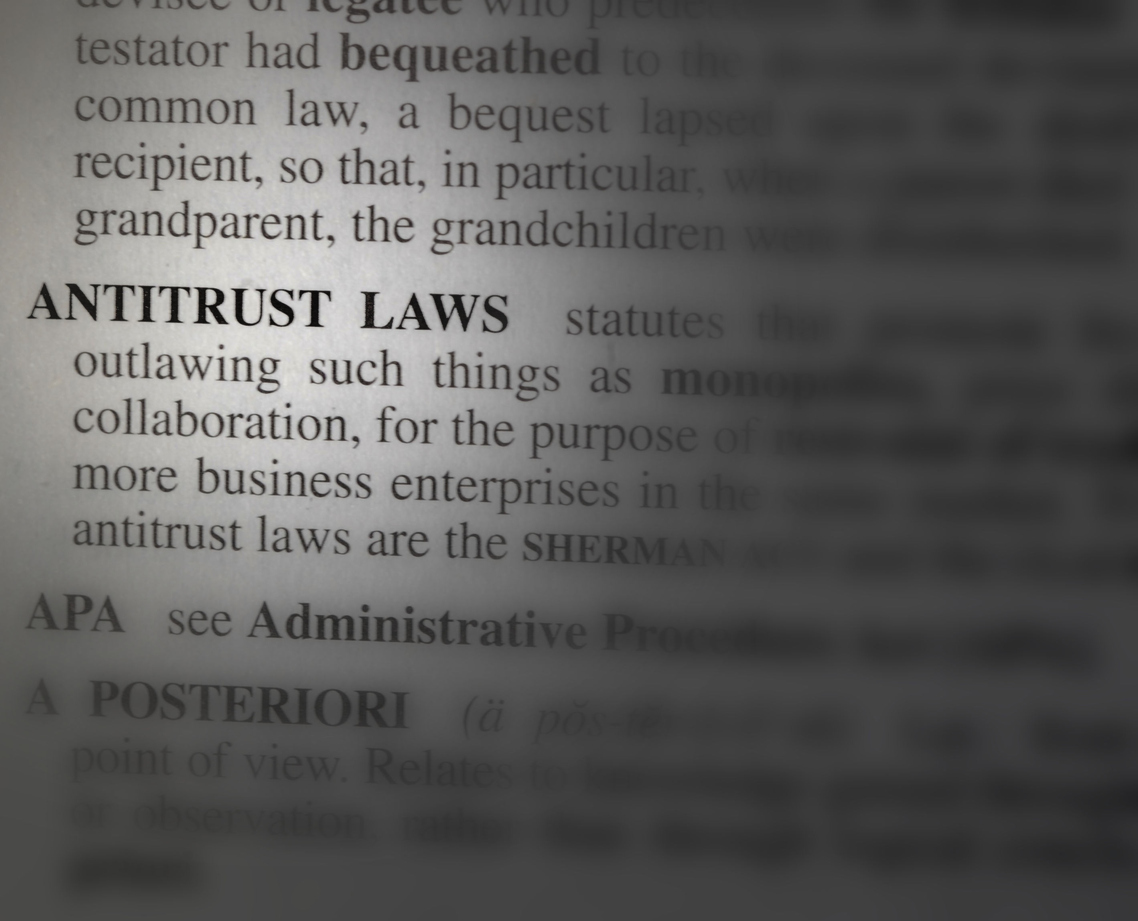Most policies contain a “Concealment or Fraud” condition that reads along these lines:
With respect to all persons insured under this policy, we provide no coverage for loss if, whether before or after a loss, one or more persons insured under this policy have: a. Intentionally concealed or misrepresented any material fact or circumstance; b. Engaged in fraudulent conduct; or c. Made false statements; relating to this insurance.
Just about every fraud-based claim denial that I have come across (at the claim and/or litigation stage) lacks specificity, i.e., fails to explain how the insured defrauded the insurer. Do not let the insurer get away with that at either the claim stage or the litigation stage.
Regarding the claim stage, Section 626.9541(1)(i)(3)(f) of the Florida Statutes requires an insurer to give the insured “a reasonable explanation in writing … of the basis in the insurance policy, in relation to the facts or applicable law, for denial of a claim or for the offer of a compromise settlement.”1
Regarding the litigation stage, Rule 1.120(b) of the Florida Rules of Civil Procedure reads as follows:
In all averments of fraud or mistake, the circumstances constituting fraud or mistake shall be stated with such particularity as the circumstances may permit. Malice, intent, knowledge, mental attitude, and other condition of mind of a person may be averred generally.
And Rule 9(b) of the Federal Rules of Civil Procedure reads almost identically to Rule 1.120(b).
It is important to demand specificity from the insurer for several reasons. Here are some of those reasons:
- Holding the insurer’s feet to the specificity fire in the claim stage may allow you to avoid litigation by unraveling or clearing up whatever the insurer believes to be fraud or concealment.2
- Holding the insurer’s feet to the specificity fire in the claim stage (i.e., locking in the insurer’s bases for claim denial in the claim stage) could possibly bar the insurer from conjuring up new bases for its claim denial in the litigation stage.
- Holding the insurer’s feet to the specificity fire in the litigation stage could very well lead to dismissal (if the insurer commenced a fraud-based declaratory action) or to the striking of an insurer’s fraud-based affirmative defense (if the policyholder commenced litigation).3
- Ferreting out the specifics behind an insurer’s fraud-based declaratory action or affirmative defense could help you narrow the scope of an insurer’s discovery fishing expedition.
To read previous posts in my series on insurance policy conditions, click here.
1 Though the focus of this article is fraud-based claim denial, you should exercise your statutory “reasonable explanation in writing” right with respect to any kind of claim denial.
2 Key word = “believes.” An insurer’s fraud sound and fury is often immersed in subjectivity.
3 See Van Meter v. Bank of Clearwater, 276 So. 2d 241, 245 (Fla. 2d DCA 1973) (dismissing the case because the complaint did not satisfy “the necessity of pleading the specific acts and conduct constituting the fraud”).



